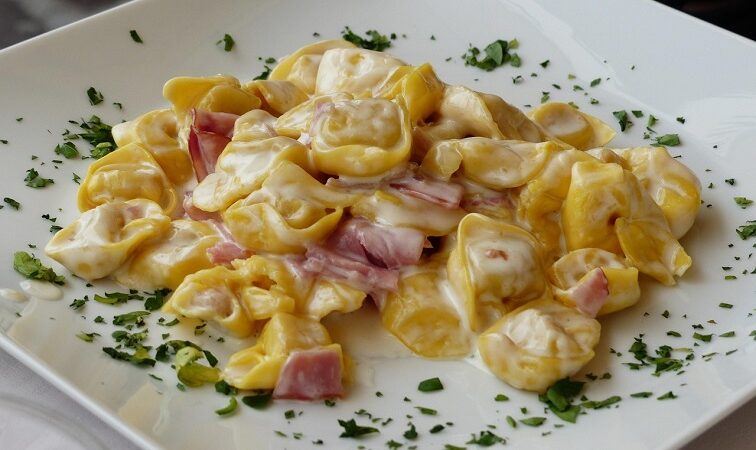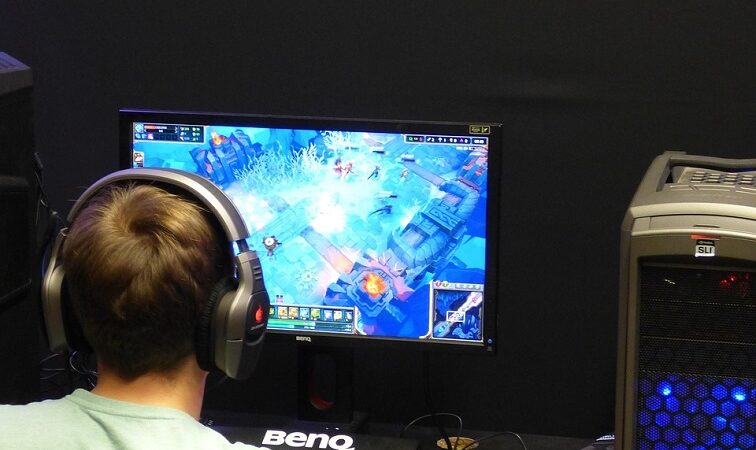Parent Diplomacy Atlantic

ith the world becoming increasingly interconnected, the concept of parent diplomacy has gained prominence, extending far beyond traditional geopolitical alliances. At its core, this form of diplomacy operates through the interactions, relationships, and experiences shared among parents and families on both sides of the Atlantic.
In an era where distance is no longer an impediment, parents find themselves immersed in a global village, exchanging diverse perspectives, values, and parenting styles. Through interactions in schools, communities, and digital platforms, a unique tapestry of shared experiences is woven, transcending borders and fostering mutual respect and understanding.
One of the hallmarks of parent diplomacy across the Atlantic is the amalgamation of diverse parenting philosophies. While each culture brings its own set of values and approaches to child-rearing, the intersection of these different methodologies often leads to a beautiful fusion. Parents learn from each other’s practices, adapting and integrating beneficial aspects into their own parenting styles.
Education plays a pivotal role in this cross-cultural exchange. International schools and educational programs not only provide a platform for children to learn but also serve as hubs for parents to engage in dialogue, collaboration, and cultural appreciation. These institutions become melting pots of ideas, fostering a sense of global citizenship among both children and parents.
Moreover, the digital age has amplified opportunities for parent diplomacy. Social media platforms, online forums, and parenting blogs facilitate instantaneous connections between parents thousands of miles apart. Through these virtual channels, parents share anecdotes, seek advice, and celebrate the richness of cultural diversity, forming a virtual support network that transcends geographical boundaries.
Language, a cornerstone of culture, also plays a vital role in parent diplomacy across the Atlantic. Families often engage in language exchanges, promoting bilingualism and creating an environment where children grow up embracing multiple languages and cultural nuances.
However, challenges do exist within this realm of diplomacy. Cultural differences, despite their richness, can sometimes lead to misunderstandings or clashes in parenting approaches. Bridging these gaps requires open-mindedness, empathy, and a willingness to learn from each other’s perspectives.
As we navigate this evolving landscape of parent diplomacy across the Atlantic, it’s essential to recognize its significance beyond individual families. These interactions contribute to the larger tapestry of international relations, fostering goodwill, cultural appreciation, and a foundation for future collaboration among nations.
Conclusion
In conclusion, parent diplomacy across the Atlantic represents an invaluable form of soft diplomacy that transcends political boundaries. Through shared experiences, cultural exchanges, and mutual respect, parents contribute to a world where understanding, cooperation, and harmony reign supreme—a world where the Atlantic Ocean ceases to be a barrier but becomes a bridge fostering connections between continents and enriching the lives of families on both shores.






